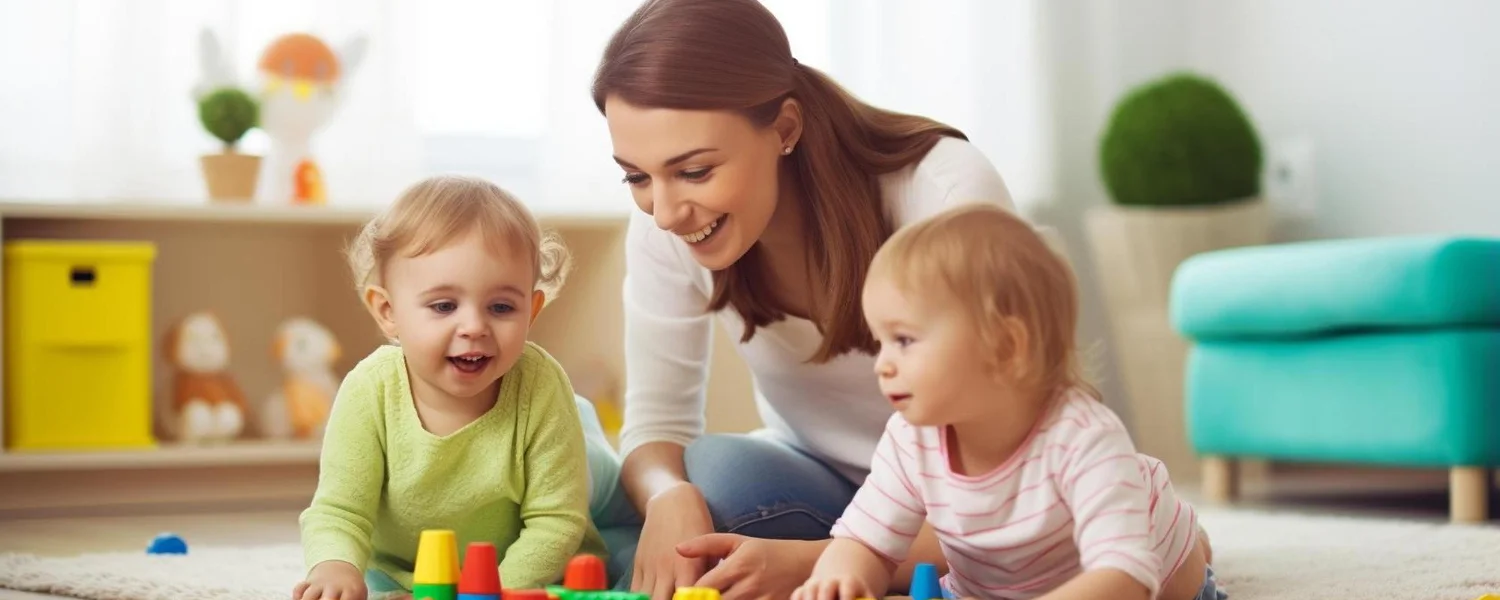
What Are Developmental Disabilities?
Developmental disabilities encompass a range of conditions that affect various aspects of a child's development. These disabilities can manifest in several ways, including delays or difficulties in physical development, cognitive abilities, language, and social skills. Some common types of developmental disabilities include:
- Autism Spectrum Disorder (ASD): A neurodevelopmental disorder that affects communication, social interaction, and behavior.
- Attention-Deficit/Hyperactivity Disorder (ADHD): A condition characterized by inattention, hyperactivity, and impulsiveness.
- Learning Disabilities: Conditions that impact specific areas of learning, such as dyslexia (reading difficulties) and dyscalculia (math difficulties).
- Intellectual Disabilities: Conditions that affect cognitive functioning and adaptive behavior, impacting learning and daily living skills.
- Speech and Language Disorders: Difficulties with speech production, language comprehension, or communication skills.
Understanding the Needs of Children with Developmental Disabilities
Addressing the needs of children with developmental disabilities involves several key strategies:
Early Intervention: Diagnosing and addressing developmental challenges as early as possible can have a significant impact on a child's development. Early intervention helps target specific areas like communication, social skills, and academic abilities, providing a strong foundation for future growth.
Individualized Education Plans (IEPs): Schools create IEPs for children with developmental disabilities to set personalized goals and accommodations. These plans ensure that each child receives the support they need in the classroom, tailored to their unique requirements.
Therapeutic Support: Various therapies play a crucial role in supporting children. For example:
- Speech Therapy: Helps improve communication skills.
- Occupational Therapy: Assists with developing fine motor skills and daily living activities.
- Behavioral Therapy: Focuses on managing behavior and developing social skills.
Family Support: Families need access to resources, support groups, and counseling to manage the challenges of raising a child with developmental disabilities. Support networks can provide valuable assistance and guidance.
Strategies for Supporting Children with Developmental Disabilities
Supporting children with developmental disabilities involves a collaborative approach that includes caregivers, educators, and healthcare professionals. Here are some strategies to consider:
Create a Supportive Environment: Ensure that the child's environment is supportive and inclusive. This includes adapting learning materials, using assistive technologies, and providing a structured routine that accommodates their needs.
Encourage Communication: Foster effective communication by using appropriate tools and techniques, such as visual aids, sign language, or augmentative communication devices.
Promote Independence: Encourage the development of self-help skills and independence through activities that build confidence and competence. This may include teaching daily living skills, problem-solving, and self-care routines.
Celebrate Achievements: Recognize and celebrate the child's achievements and milestones, no matter how small. Positive reinforcement and encouragement can boost their motivation and self-esteem.
Stay Informed and Advocate: Stay informed about the latest research, resources, and support options for developmental disabilities. Advocate for your child's needs and collaborate with professionals to ensure they receive the best possible care and support.
At Dr. Zahraa, we specialize in providing psychological support and resources for children with developmental disabilities. Our approach is designed to address each child's unique needs and help them thrive in their personal and educational environments. If you have a child with developmental disabilities and need support, Book a session today and let us assist you in navigating their developmental journey.
Related Blog
14 Sep 2024 | Learning and Development
Special Needs for Children with Developmental Disabilities
Children with developmental disabilities face unique challenges that require sup...
14 Sep 2024 | Learning and Development
Supporting Gifted Individuals: Understanding Their Needs and Nurturing Their Talents
Gifted individuals often possess exceptional abilities or talents that set them ...
14 Sep 2024 | Learning and Development
Supporting Children with Learning Difficulties
Learning difficulties affect a child’s ability to process, understand, or reta...


Comments
Total 0 comment in the post